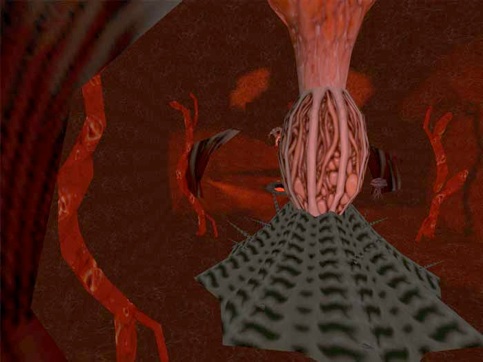
Distributive shock can result in symptoms including: When your blood vessels lose their tone, they can become so open and floppy that not enough blood pressure supplies your organs. Common causes of cardiogenic shock include:Ĭonditions that cause your blood vessels to lose their tone can cause distributive shock.

A pulmonary embolism is one condition that may cause an interruption to blood flow. Obstructive shock occurs when blood can’t get where it needs to go.

There are four major types of shock, each of which can be caused by a number of different events.


 0 kommentar(er)
0 kommentar(er)
